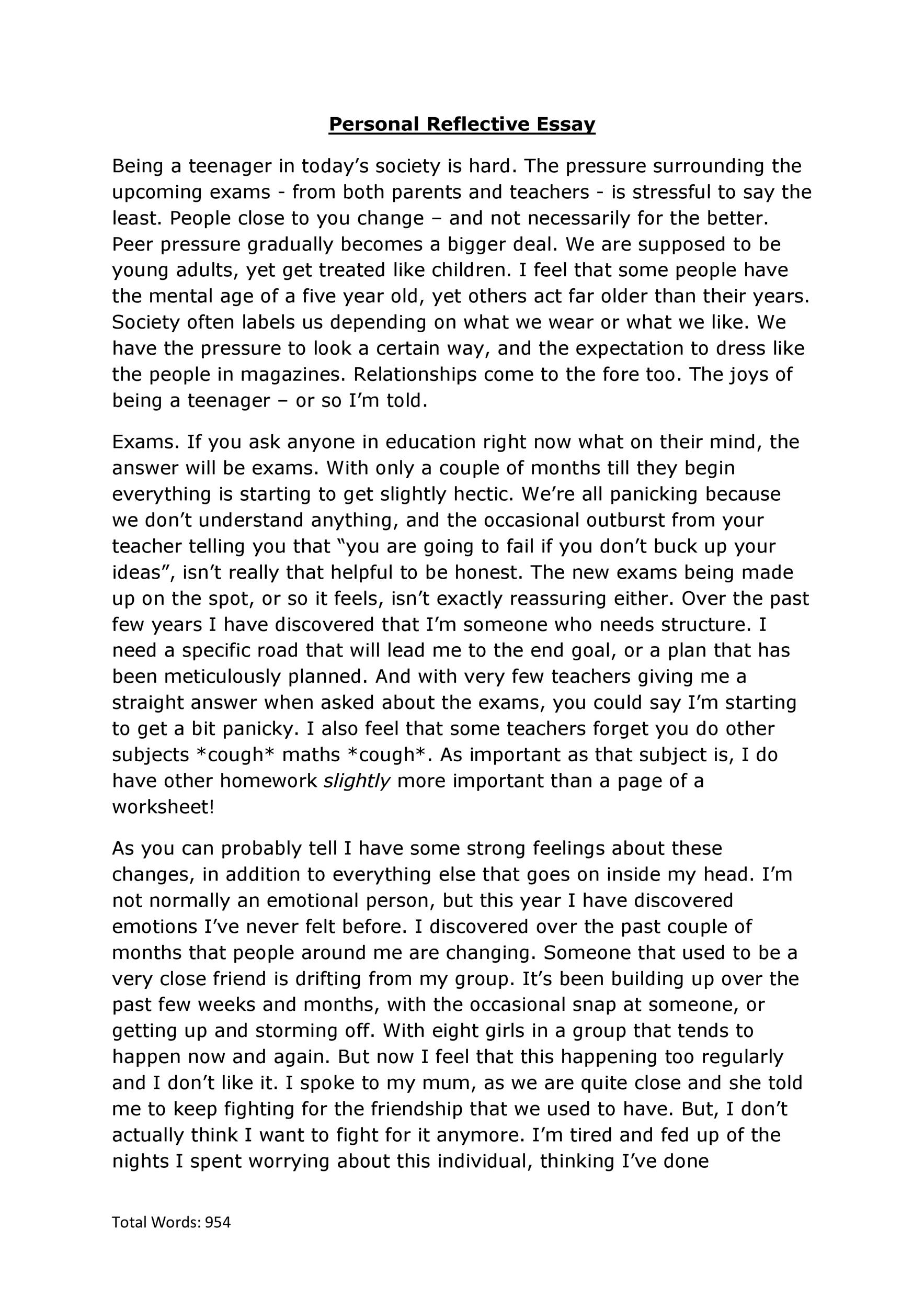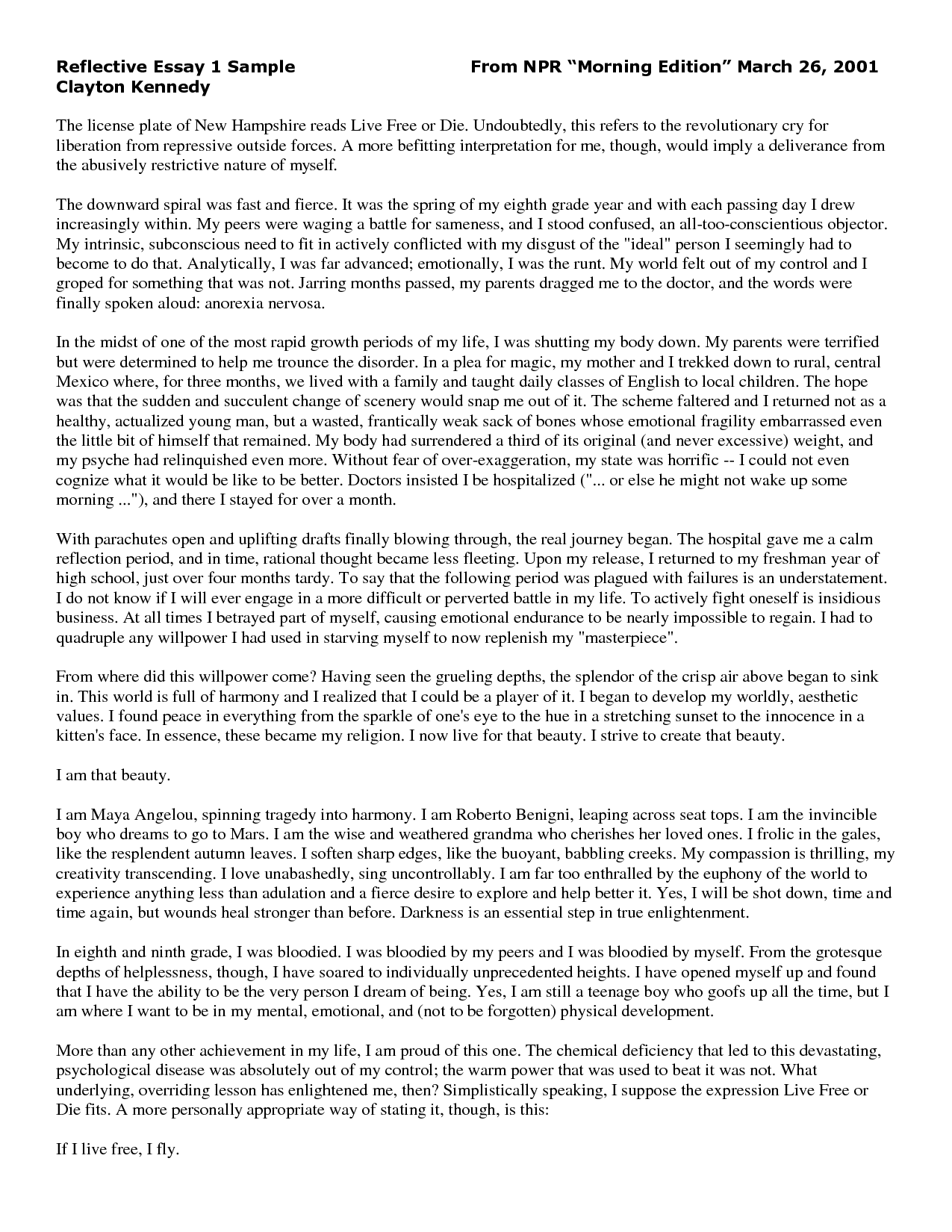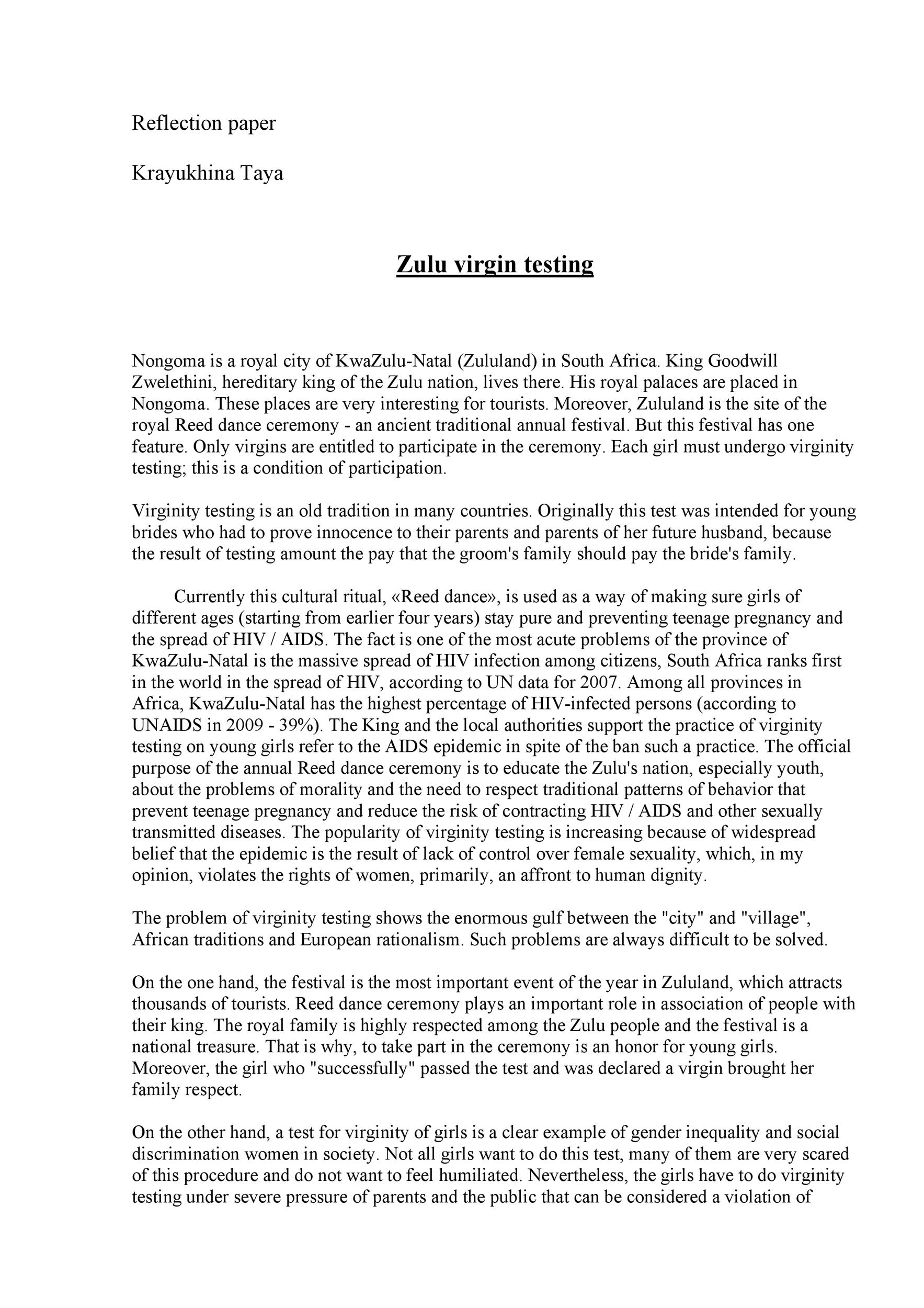
Meaning Of Reflective Writing
· Reflective writing requires you to analyze, describe and evaluate past situations. By evaluating experiences, you’re able to develop new insights that are instrumental to developing new outlooks. Recollecting instances from your past and writing them down is a fruitful way of examining your response to an event As the name suggests, a Reflective Report is a piece of writing that summarises a student’s critical reflection on a subject. While traditional academic writing discourages first-person accounts, Reflective Reports rely on them. Reflective Reports are frequently used as part of the assessment of practical projects A reflective note encourages you to think about your personal reaction to a legal issue raised in a course. An essay diary can take the form of an annotated bibliography (where you examine sources of evidence you might include in your essay) and a critique (where you reflect on your own writing and research processes)

Recent Posts
A reflective note encourages you to think about your personal reaction to a legal issue raised in a course. An essay diary can take the form of an annotated bibliography (where you examine sources of evidence you might include in your essay) and a critique (where you reflect on your own writing and research processes) As the name suggests, a Reflective Report is a piece of writing that summarises a student’s critical reflection on a subject. While traditional academic writing discourages first-person accounts, Reflective Reports rely on them. Reflective Reports are frequently used as part of the assessment of practical projects · Reflective writing requires you to analyze, describe and evaluate past situations. By evaluating experiences, you’re able to develop new insights that are instrumental to developing new outlooks. Recollecting instances from your past and writing them down is a fruitful way of examining your response to an event

Reflective report:
A reflective note encourages you to think about your personal reaction to a legal issue raised in a course. An essay diary can take the form of an annotated bibliography (where you examine sources of evidence you might include in your essay) and a critique (where you reflect on your own writing and research processes) The reflective cycle model by Gibbs () allows the users to systematise their past experiences, emotions, and findings in the manner supporting future learning and development. It includes six consecutive phases that I will use to explore the selected issue more in-depth in the following sub-sections. Figure 1: Gibbs’ Reflective Cycle · writers online Introduction This reflection report will discuss about the details such as background, objective and design of the event, JOG FOR HOPE I also will shared about the reason why i participated this event and why

Types of reflective writing assignments
A reflective note encourages you to think about your personal reaction to a legal issue raised in a course. An essay diary can take the form of an annotated bibliography (where you examine sources of evidence you might include in your essay) and a critique (where you reflect on your own writing and research processes) · Reflective reports are used to describe an individual, outline his/her experiences and critically evaluate events and situations. Tutors usually grade this assignment based on the students’ ability to critically evaluate. To write a compelling reflective report, you must understand the purpose a reflective report serves · Reflective writing requires you to analyze, describe and evaluate past situations. By evaluating experiences, you’re able to develop new insights that are instrumental to developing new outlooks. Recollecting instances from your past and writing them down is a fruitful way of examining your response to an event

Need some help?
A reflective report usually refers to a written account of your thoughts and feelings about something. It typically includes an explanation of what happened and your opinion on it. For example, you might write a reflective report after a particular event, or you might take time to reflect on things that regularly occur in your life The reflective cycle model by Gibbs () allows the users to systematise their past experiences, emotions, and findings in the manner supporting future learning and development. It includes six consecutive phases that I will use to explore the selected issue more in-depth in the following sub-sections. Figure 1: Gibbs’ Reflective Cycle · Reflective writing requires you to analyze, describe and evaluate past situations. By evaluating experiences, you’re able to develop new insights that are instrumental to developing new outlooks. Recollecting instances from your past and writing them down is a fruitful way of examining your response to an event
No comments:
Post a Comment